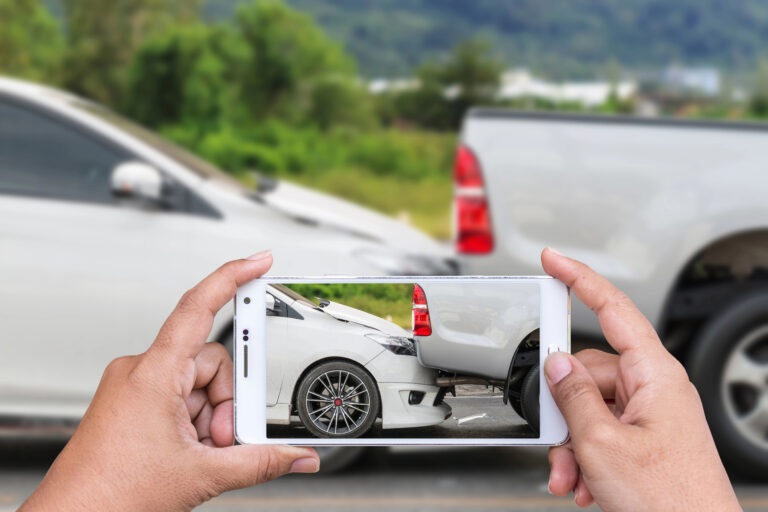Hidden Legal Dangers of P2P Car Rentals in Florida
Hidden Legal Dangers of P2P Carsharing in Florida
The landscape of car rentals in Florida has undergone a dramatic transformation with the rise of peer-to-peer (P2P) carsharing platforms, such as Turo and its competitors. While these services offer convenient and often more affordable alternatives to traditional rental car companies, Florida tourists using these platforms should understand the unique legal considerations and potentially severe risks involved.
The Liability Shift in P2P Carsharing
Perhaps the most concerning aspect of P2P carsharing platforms is how they systematically shift liability away from themselves and onto individual car owners (often called “hosts”) and renters. Unlike traditional rental companies that maintain direct responsibility for their fleet, these platforms position themselves merely as intermediaries. This creates a potentially dangerous situation for car renters who may not realize they’re accepting extraordinary risks, including the possibility of unknowingly renting a stolen or unregistered vehicle. These situations can resulting in a car renter’s arrest.
Understanding P2P Carsharing Insurance in Florida
Florida law requires specific insurance coverage for rental vehicles, but P2P arrangements can create dangerous confusion about coverage limits and liability. Tourists using carsharing platforms might assume they have the same protections as traditional rental cars, but the reality is more complex. Without proper documentation and understanding of the insurance terms, tourists could face criminal charges if involved in an accident. Moreover, many platforms explicitly disclaim responsibility for verifying proper insurance coverage, leaving renters vulnerable to significant financial and legal exposure.
Hidden Dangers in Platform Terms and Conditions
A careful review of P2P carsharing platforms’ terms and conditions reveals alarming disclaimers. These companies often explicitly state they bear no responsibility if a host rents out a stolen vehicle, an unregistered car, or a vehicle that shouldn’t legally be on Florida roads. This means a tourist could unknowingly rent and drive a stolen vehicle, potentially facing serious criminal charges despite having paid through a legitimate-seeming platform. We have represented renters who have been arrested in a rental car across the state, each time for something they had no knowledge of.
Criminal Exposure for Florida Tourists
Florida law enforcement takes unauthorized vehicle use seriously. Tourists might face criminal charges for seemingly minor oversights, such as allowing an unauthorized friend to drive a P2P rental vehicle. Even more concerning, renters might find themselves charged with possession of a stolen vehicle, operating an unregistered motor vehicle, or driving a vehicle with fraudulent registration – all serious charges that can carry significant penalties, even if the tourist acted in good faith.
The Host Liability Problem
When issues arise, P2P platforms typically direct all liability to the host, creating several problems for tourists. Many hosts may lack proper commercial insurance coverage or the financial resources to cover significant damages. In some cases, hosts might become unresponsive when problems occur, leaving tourists stranded with no recourse. Even more concerning, some hosts might unknowingly list vehicles with liens or other legal encumbrances.
Recent Changes in Florida P2P Carsharing Laws
Florida legislators continue to adapt regulations to address the growing P2P carsharing market. Recent updates have impacted insurance requirements, driver verification processes, and platform responsibilities. While these changes aim to provide better protection for consumers, significant gaps remain in the regulatory framework, particularly regarding vehicle verification and insurance coverage requirements. Florida Statute §627.7483 is Florida’s most recently enacted law as to applies to peer-to-peer car sharing.
Working with a Florida Attorney
If you encounter legal troubles while using a P2P carsharing service in Florida, working with a local attorney provides several advantages. Our Florida rental car arrest lawyers understand both state-specific rental car laws and the unique aspects of P2P platforms. They can help navigate the complex intersection of traditional vehicle laws and emerging P2P regulations, particularly when dealing with situations involving potentially stolen or illegal vehicles.
Protecting Yourself When Using P2P Platforms
For tourists visiting Florida, understanding these legal considerations before using P2P carsharing services can help prevent unwanted legal complications. Take time to thoroughly review all documentation, save digital copies of your rental agreement, insurance coverage, and any communication with the vehicle owner. These documents could prove crucial if legal issues arise during your vacation. Consider purchasing additional personal insurance coverage for added protection.
Remember, Florida’s legal system treats vehicle-related offenses seriously, and being a tourist doesn’t exempt you from local laws. When planning your Florida vacation, carefully weigh the apparent convenience and cost savings of P2P carsharing against the potential legal risks. While these services can work well, tourists must understand that they’re accepting significantly more risk than they would with a traditional rental car company. If you’ve been arrested while in a peer to peer car or other rental vehicle, speak with our experienced rental car arrest attorneys today.






